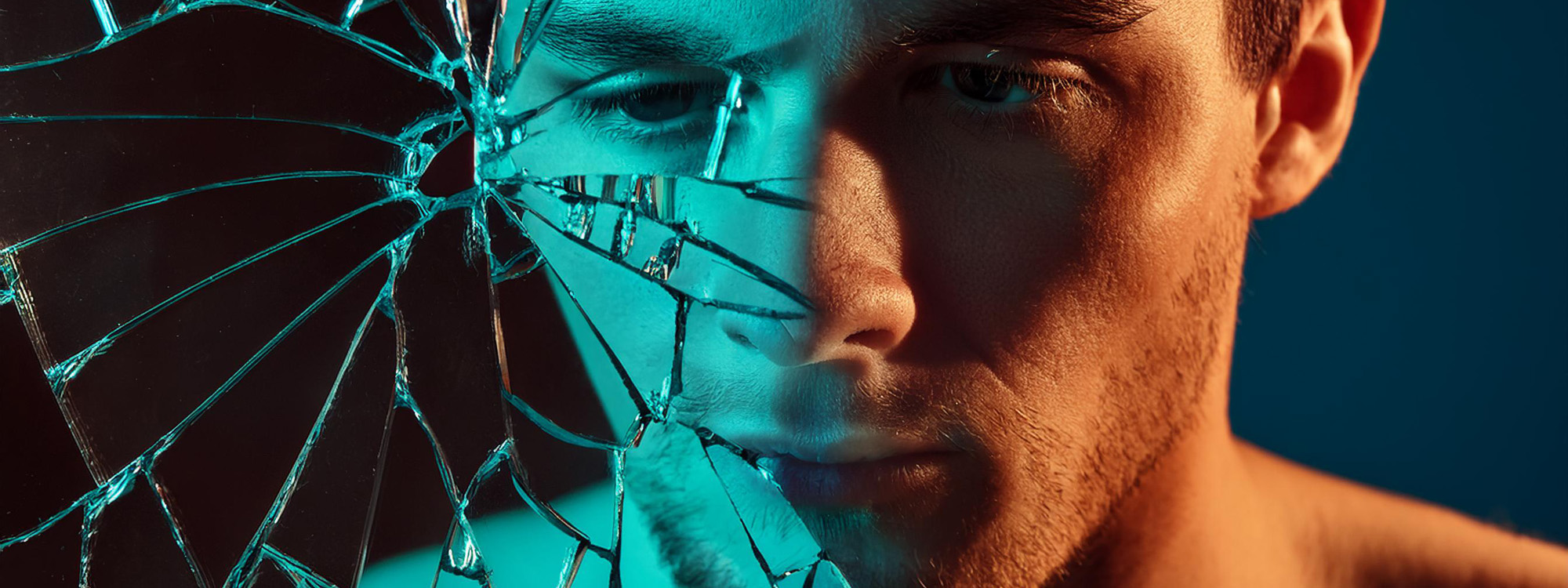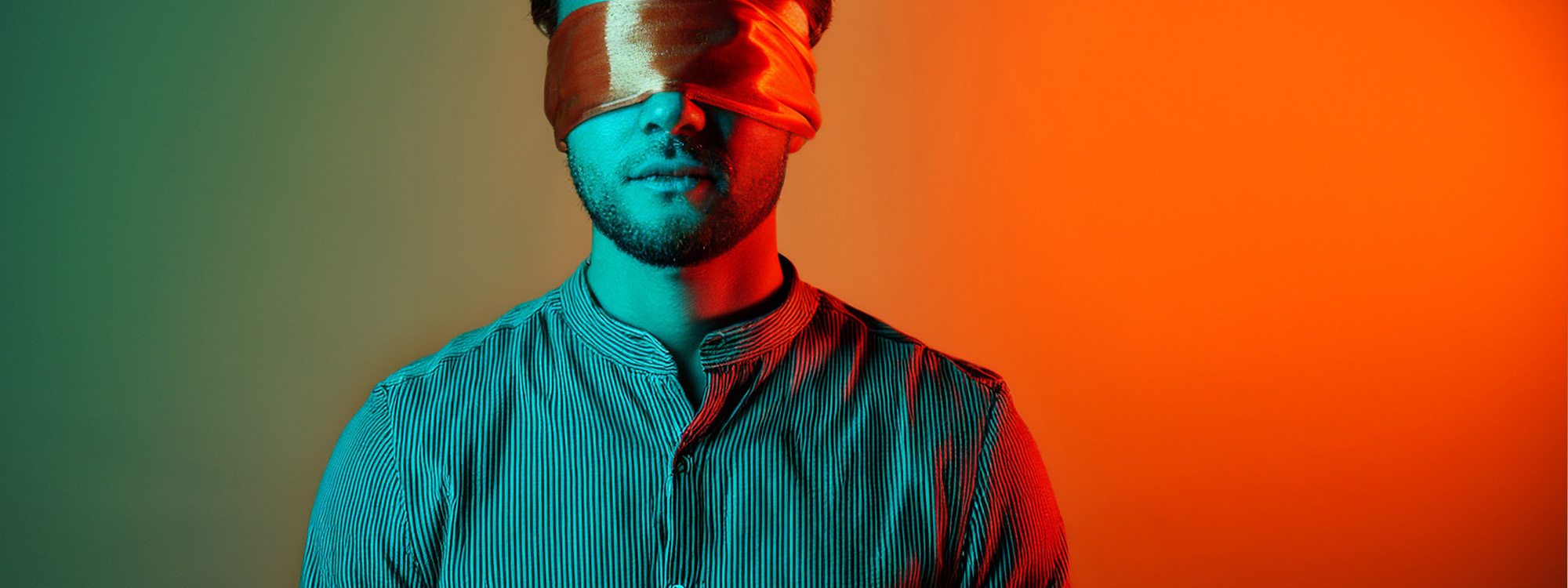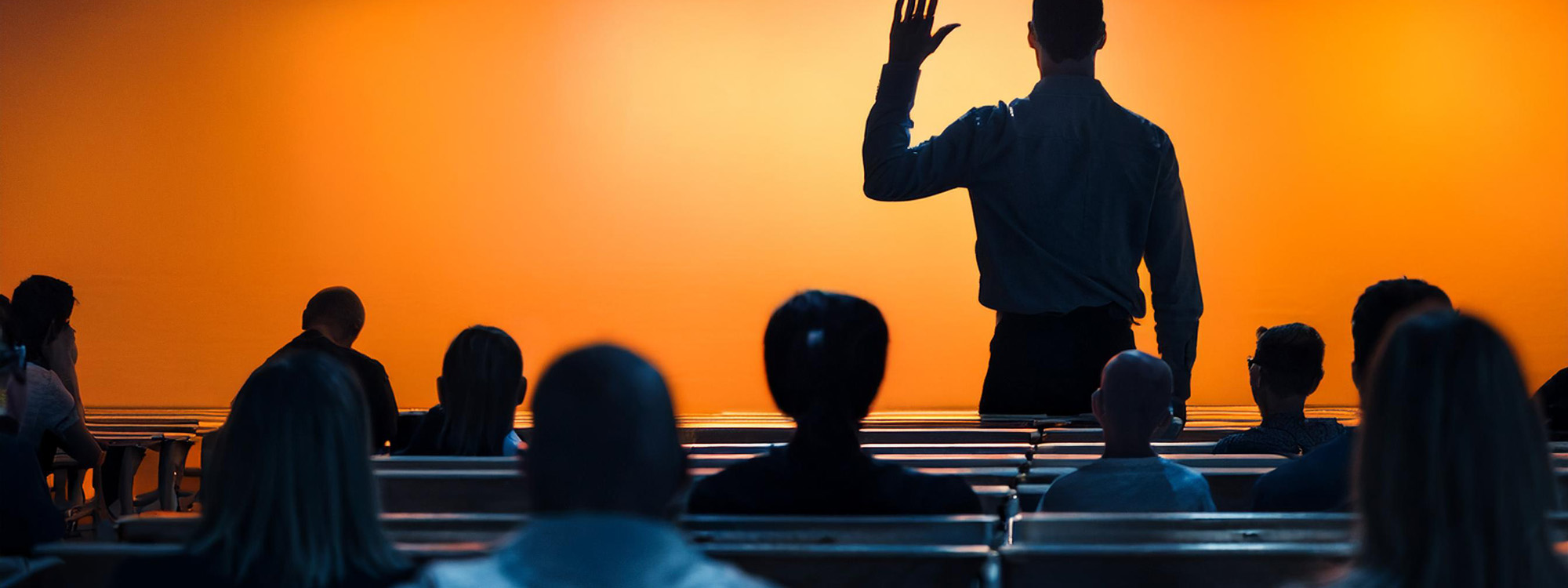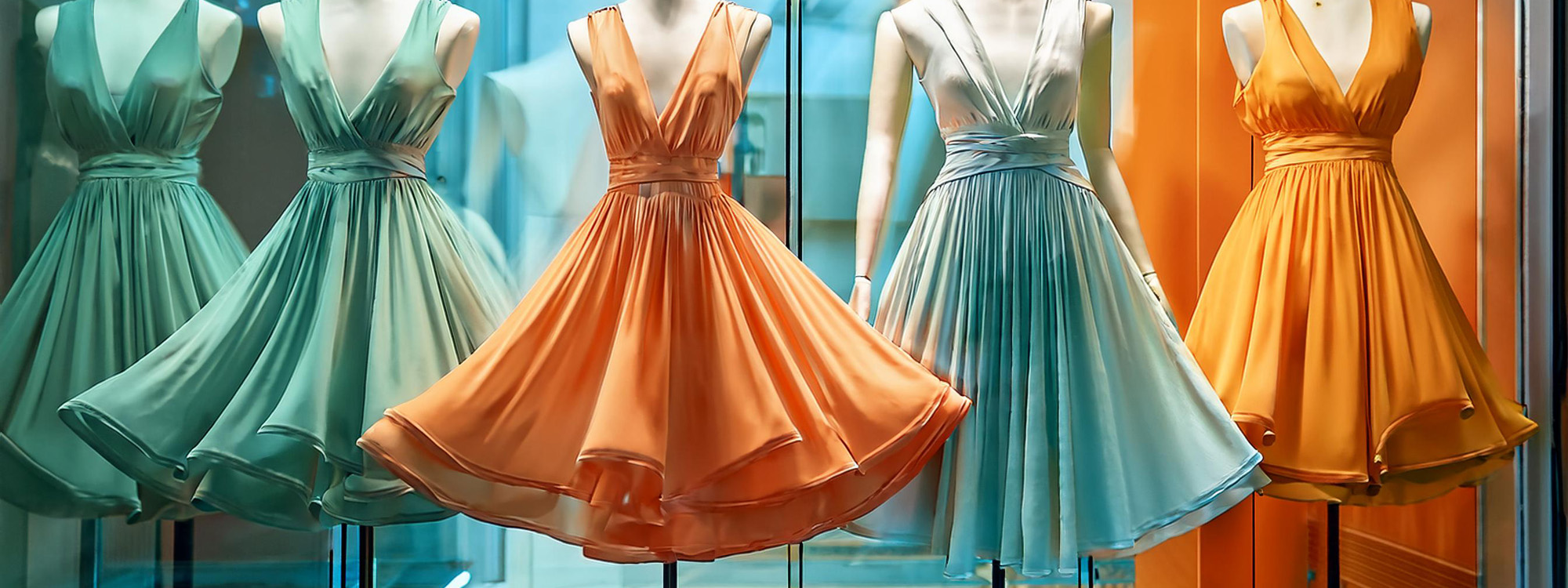


Representation for us is very difficult in film or using our own identities. Could theatre have a solution?
For some of us, it's a big risk to appear in audio using our own voices (which is why though I was desperate to appear on @Preventionintvn's podcast, I had to rely on the voice and generously given time of an advocate. > modification instead but this is (a) potentially vulnerable to reverse engineering and (b) makes our voices sound weird and distorted, like we're not quite human. > and I wonder if there could be another way. > (which has been around quite a while) called #verbatimtheatre in which actors read out the words, exactly as spoken, of someone interviewed beforehand. It's used for all kinds of purposes, but one of the most effective is in giving a human physical presence and a voice to > > people whose voice cannot easily be heard, and who might otherwise be invisible. > about the world being able to link their real identity with their MAPness. > I am hoping that some verbatim theatre makers with a platform might take a look at our situation, consider whether they can do anything with our voices, and whether there's a human story there that they would consider representing, in whatever way they think is balanced. :: About the author: I have been writing and talking about the experience of being a pedophile since 2017. Once on twitter until my account was banned in 2020, I co-led Virtuous Pedophiles from 2021 to 2025. I now continue to look for ways to improve the lives of pedophiles, but never at the expense of harming children. I have never viewed illegal material, and never sought or engaged in sexual activity with any child. The rest of my life is countryside walking, friends, Radio 3 and feeling doleful about ageing.
| ||
| | ||
| |
 |  |  | ||
| | ||||
 map fallacy 10: blind gatekeeper fallacy map fallacy 10: blind gatekeeper fallacy |
| |
 seto on cp seto on cp |
| |
 thread: window shoppers and thieves thread: window shoppers and thieves |
| |